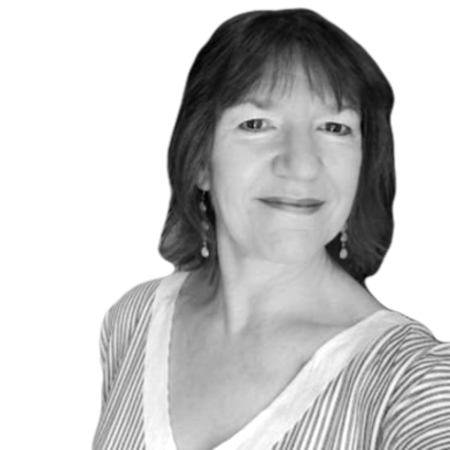I’m interested in preventing illness and disease – although I’m not a medical doctor or a psychological therapist. Much of my work has been based in primary care and other community-based settings. These are the places where people first present with health challenges but the solutions aren’t all there of course. They’ll be found in the earlier identification of problems, early provision of advice and early counselling to prevent escalation. As population scale mental health is inextricably linked so much else, there is much opportunity for the non-clinicians and behavioural scientists to step out of the traditional confines of their field and work in this complex area.
“I think of myself as a ‘social ecologist’”
I started with a PhD in Ethology (closed linked to Ecology) and today I think of myself as a ‘Social Ecologist’. My interests lie in how the physical environment and emotional context of people’s lives affects the health choices they make. For people experiencing adversity, this environmental context can often act as a constraining mechanism. Consequently, a child born to a family experiencing material deprivation will have certain experiences which lead them to a different trajectory (and set of life opportunities) compared with a child born into an affluent family. These early influences can have implications throughout life for both physical and mental health. Some of my work focuses on exploring lived experience and impacts on health and well-being.
“A stitch in time… saves nine.”
I am also interested in trying to prevent unnecessary illness, including experience of emotional ill health. Consequently, I have spent a number of years developing and evaluating the effectiveness of complex interventions designed to help change health risk behaviour and promote positive mental health and emotional well-being. I have also spent many years researching the best ways of changing practitioners’ behaviour so they feel more able to screen and identify health risks earlier as well as feeling more confident about delivering preventive interventions to avert ill-health and promote well-being. I have worked work with research scientists and practitioners from a wide range of backgrounds who each contribute important facets of knowledge to help address complex health, mental health and social problems.
“I brought techniques from Ecology to my work in substance-use”
I moved to the North East for personal reasons and was fortunate to secure a job in the substance use field – funded by HIV monies. Here, I brought techniques from Ecology, called ‘Capture-Recapture’ methods, to address the problem of how to estimate the prevalence of a hidden population of illicit (injecting) drug users in the region. These methods had previously been mainly used in estimating the size of hidden from view wildlife species such as Badger populations. I spent two years working alongside a drug team (focused on mental treatment and care) before moving to Newcastle University to focus on the issue of preventing substance-related problems. I was fortunate to secure an MRC Fellowship in Health Services Research and straight after a five-year Primary Care Career Scientist award. This led to a Senior Lectureship in Public Health followed by a personal chair two years later. I think that my cross-disciplinary, boundary-spanning identity is why I was asked to lead the North East and North Cumbria ARC which includes 6 universities and 58 organisations from the NHS, Public Health, Social Care and the Voluntary and Community sector. These are all necessary in the solutions we need and I feel like it brings all the strands of my work together!

